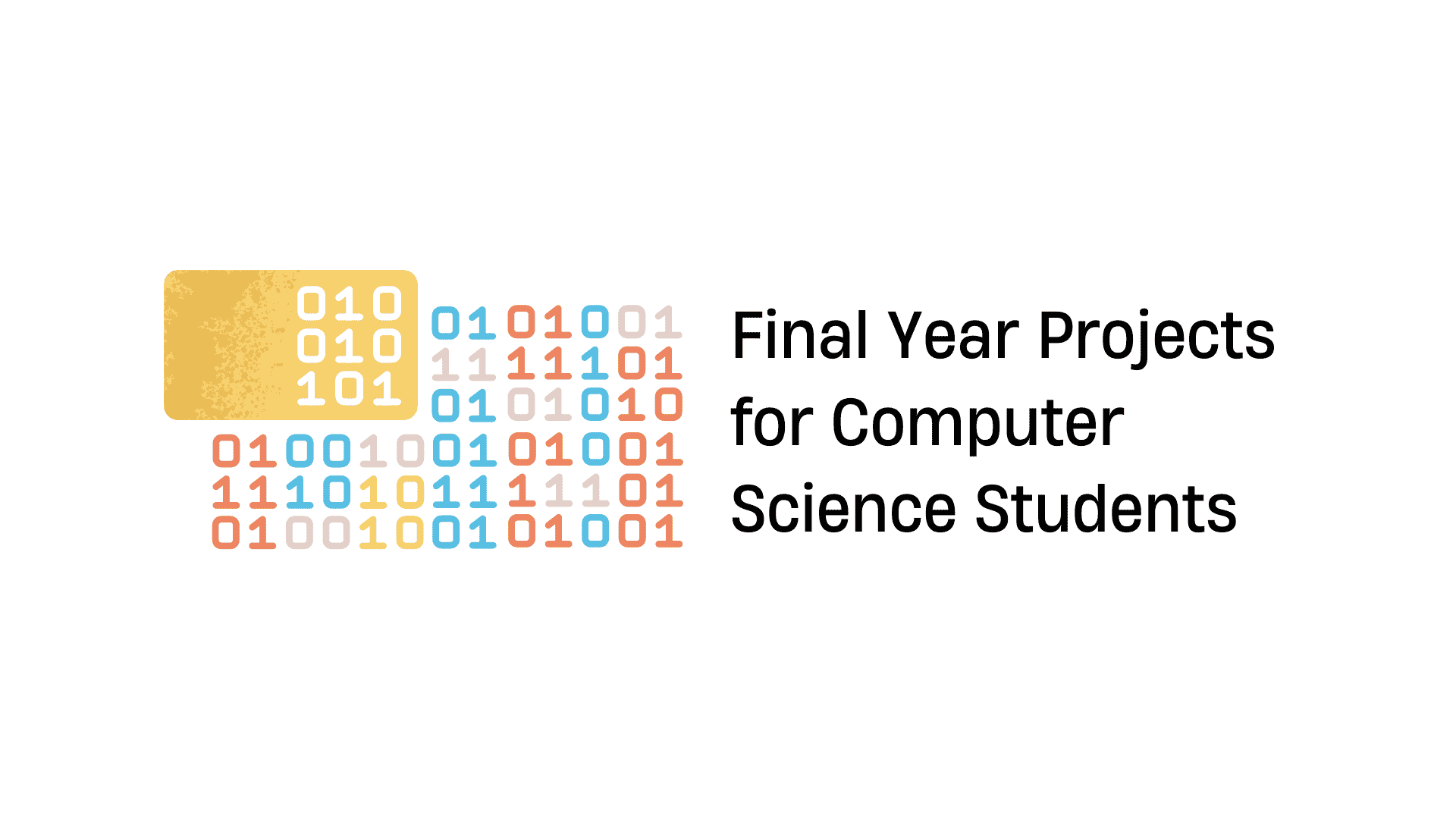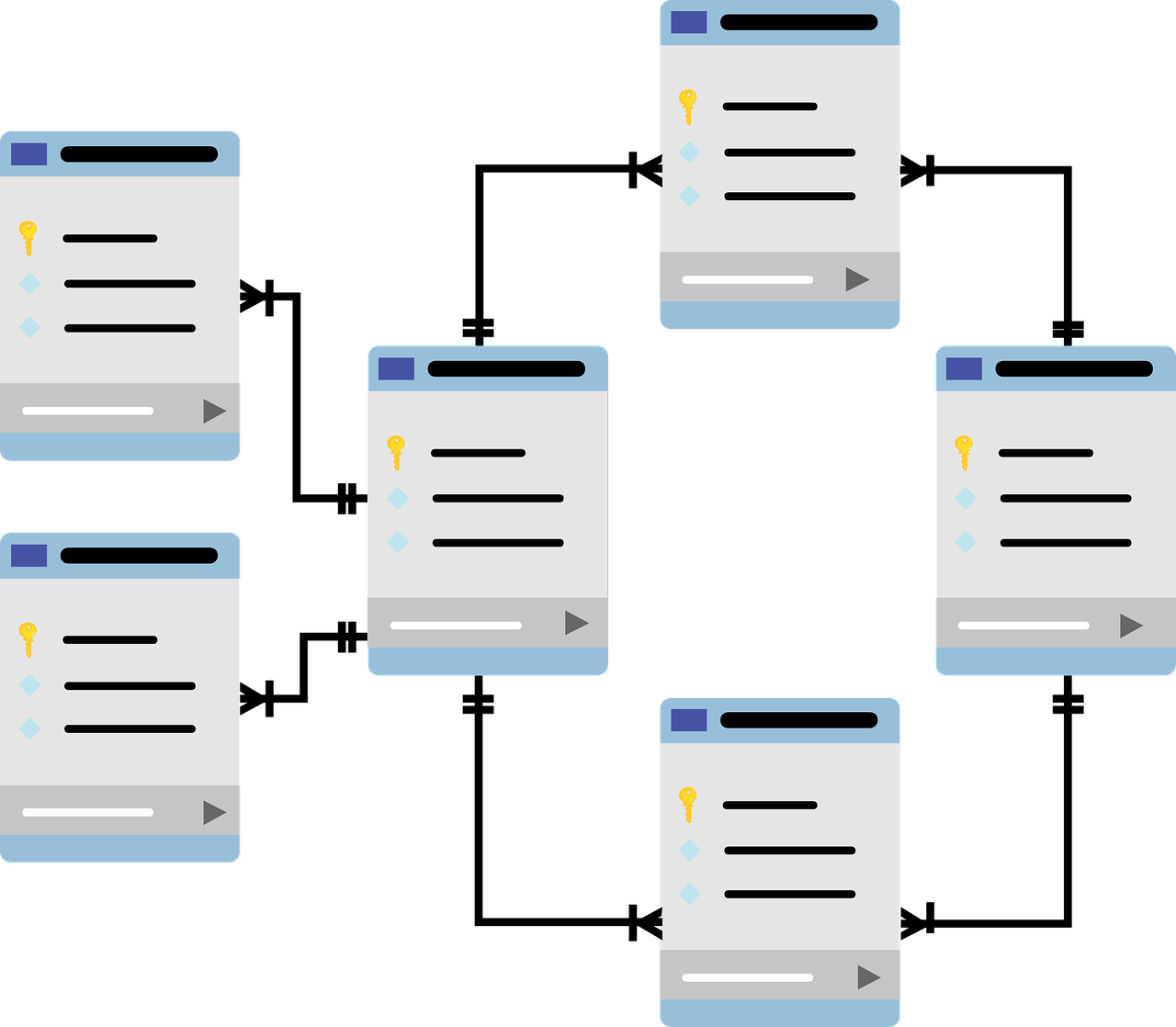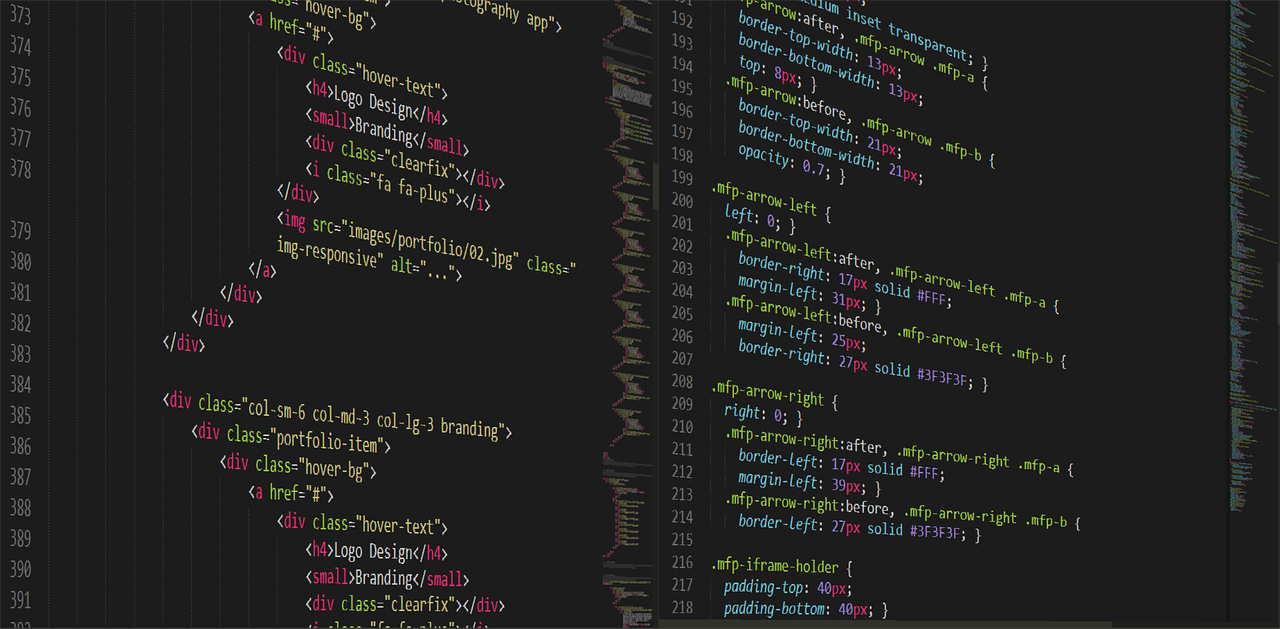Various programming languages have been created by numerous developers since the beginning of the computing era. Developers have completely transformed the programming platform in order to accommodate various requirements such as architecture, design, functionalities, storage, etc.
C programming was the first widely used foray into this subject, followed by C++ and C#. C, C++, and C# are independent programming languages even though they have similar sounds. Let’s examine the differences between C++ and C#, two of the most popular programming languages in this blog. So, let’s get started with C# vs C++ comparison.
- What is C++?
- What is C#?
- C# Vs C++: Full Comparison
- Similarities between C++ and C#
- Differences between C++ and C#
- Conclusion
What is C++?
C++ is an object-oriented language that is used for creating advanced applications. It is similar to C programming. C++ was developed by Bjarne Stroustrup when he was working at Bell Labs in 1980. He created it as an extension of C. It is a cross-platform language that gives an advanced level of control to developers over the resources of the system as well as memory. It is a well-structured language that is very compatible with C.
Most programming languages are created with a specific purpose. C++ was developed to provide advanced features and other high-level capabilities for programming OS. Being a mid-level programming language, it incorporates features of both low-level and high-level languages.
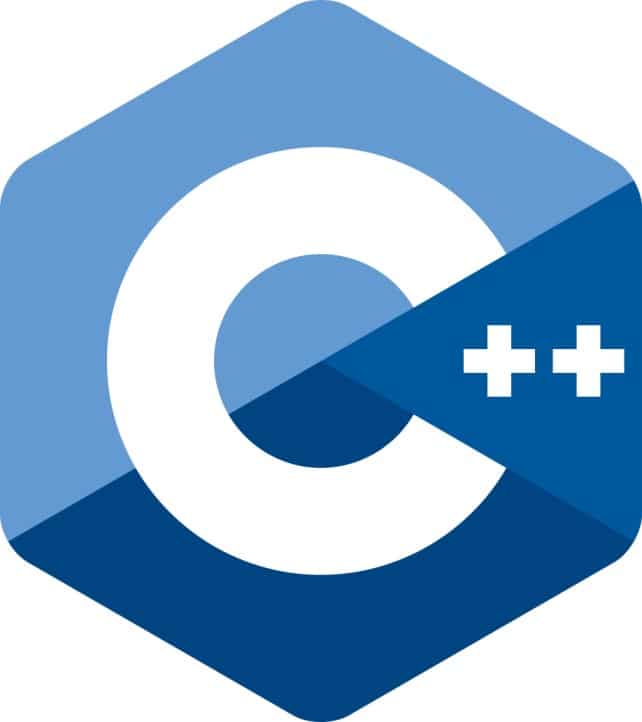
Features of C++
C++ is widely popular and one of the most used languages in the world. Below are enlisted top features of C++ –
- Object-Oriented Language: Unlike C, C++ is an OOPs language which is its key feature. This also means that it follows the concepts of polymorphism, abstraction, inheritance, and encapsulation. While programming, you can create or destroy objects easily. It can be easily developed and maintained. The key concepts of object-oriented programming language include:
- Class
- Objects
- Polymorphism
- Inheritance
- Encapsulation
- Abstraction
- Simple: It is a simple language that follows a structured approach. This implies that the problem can be easily divided into logical parts to design the solution appropriately. C++ contains a rich library of functions that can be utilized for finding the solution. It also contains the auto keyword feature that makes it easy to use even for beginners.
- Machine Independent: The C++ executable is machine-independent which means that the executable file can run on various machines with little to no change.
- Platform-dependent: C++ is a platform-dependent language that enables its execution on the operating systems where it is developed.
- High-level Language: Unlike C, C++ is a high-level language that finds close association with the English language. This makes it easier to work with it.
- Structured Language: C++ is a structured programming language that relies on concepts of functions, class, and objects. It is easy to create or modify code in C++.
- Powerful and Fast: The time takes to compile and execute the code is fairly less in C++ which makes it a fast language.
- Memory management: The variables are allocated dynamically in C++ which enables freeing up the allocated memory whenever needed.
- Compiler-based: Unlike Python, C++ is a compiler-based language. It means that the compiler first compiles the program before execution. This makes it faster than Java and Python.
- Syntax-based Language: C++ is a syntax-based language that follows the rules and regulations strongly.
- Case-sensitive: Unlike HTML and MySQL, C++ is a case-sensitive language.
Also Read: Difference between C & C++
What is C#?
C#, pronounced as C-Sharp, is a modern, object-oriented programming language developed by Microsoft. It runs on the .NET framework and is approved by the European Computer Manufacturers Association (ECMA) and International Standards Organization (ISO). C# finds similarities with Java and can be easily understood by users of C++ or Java. You can write programs in C# in commonly used text editors such as Notepad ++, etc. The file is saved using the extension .cs.
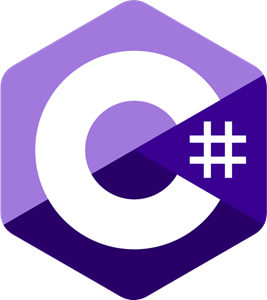
Features of C#
C# has a lot of features that are enlisted below:
- Simple: C# follows a structured approach to the problem by breaking it into units and has a rich library of data sets.
- Modern programming language: C# is based on the current trends and is highly powerful and scalable for developing web applications.
- Updateable: It can be updated from time to time by simply deleting the old files and updating them with the new ones.
- Component-oriented: It is a methodology that is used to develop robust software applications.
- Fast: The execution time in C# is very fast.
- Interoperability: The .NET Interoperability enables C# to interact and take advantage of the native C++ applications for anything.
- Type-safe: C# offers improved security of the program as the code only has access to an exclusive memory location for execution.
Also Read: C# Interview Questions & Answers
C# Vs C++: Full Comparison
| Features | C++ | C# |
|---|---|---|
| Language type | Comprises both low-level and high-level languages so it is considered an intermediate language. | High-level language. |
| Memory management | Performed manually | Performed automatically |
| Platform | Used in multiple platforms such as Windows, Linux, OS, etc. | Not used outside the Windows Operating System |
| Multiple inheritances | Supported through classes | Not supported |
| Difficulty level | Includes advanced features that make it complex to work with | Has a simple hierarchy and it makes it easy to use |
| Compilation | Compiler in C++ converts programs into machine code | After compilation, the code gets converted to intermediate language code |
| Object-oriented | Not a pure object-oriented language | Pure object-oriented language |
| Garbage collection | Lacks garbage collection efficiency | A garbage collector acts as an automatic memory manager and helps in managing as well as allocating |
| Access specifiers | Includes private, public, and protected access specifiers | Includes public, private, protected, internal, and protected internal access specifiers |
| Control statement | Does not include an extra flow control statement | Includes ‘while’, ‘do’, and ‘for’ control statements among others |
| Test variable | In the test variable, you cannot use the switch statement in strings | Test variable can contain strings |
| Function pointers | Has the concept of function pointers | Lacks the concept of function pointers |
| Binaries | Has low-level binaries | The size of binaries is high |
| Application | Used in developing console applications and projects that focus on improving the performance of hardware | Used in the development of web, mobile, and console applications for modern applications |
| Standalone applications | Can be used to develop standalone applications that do not require any other functions | Not used for developing standalone applications |
Similarities between C++ and C#
Both C++ and C# have striking similarities which are enlisted below for your reference:
- Both C++ and C# languages are derived from C so they find resemblances with syntax and symbols of the C language.
- Both languages are object-oriented and support polymorphism among other features.
- Both the languages are compiled languages. This means that the code runs through a compiler before it gets executed by the system.
Differences between C++ and C#
Aside from the similarities, both these programming languages differ in a lot of aspects. Here is the list of differences with details –
- The code in C++ is platform-independent whereas C# code is specific to windows.
- C++ supports multiple inheritances which is an important feature of the object-oriented language. Multiple inheritances is not supported in C#.
- The programmer manages memory manually in C++. In C#, this task is performed automatically by the garbage collector.
- You can use pointers anywhere in the program in C++, unlike C#.
- C++ is a low to mid-level programming language. C# is an advanced and high-level language.
- C++ contains advanced features making it complex. C# is easy to use because of its well-defined structure.
- C++ finds its major application in developing console applications. C# is used to develop web-based, mobile, and console applications.
- C# is considered a pure object-oriented language, unlike C++ which contains primitive data types.
- C++ does not support function pointers whereas C# supports pointers.
Conclusion
Both C++ and C# have their own pros and cons. Programmers can work in either of the languages depending on their unique project requirements. Both the languages offer better features than C from which they are derived. C++ is a powerful language and is extensively used by programmers to develop video games. The fast capabilities of C++ make it ideal for developing gaming applications among others.
On the contrary, if a project requires specific web and mobile goals, then C# is preferred. This language is also used for the development of games apart from developing advanced web and mobile applications. It is used widely as an alternative to Java and the regular updates have improved it drastically.
Overall, both these languages have real-world applications and are preferred by developers around the world.






